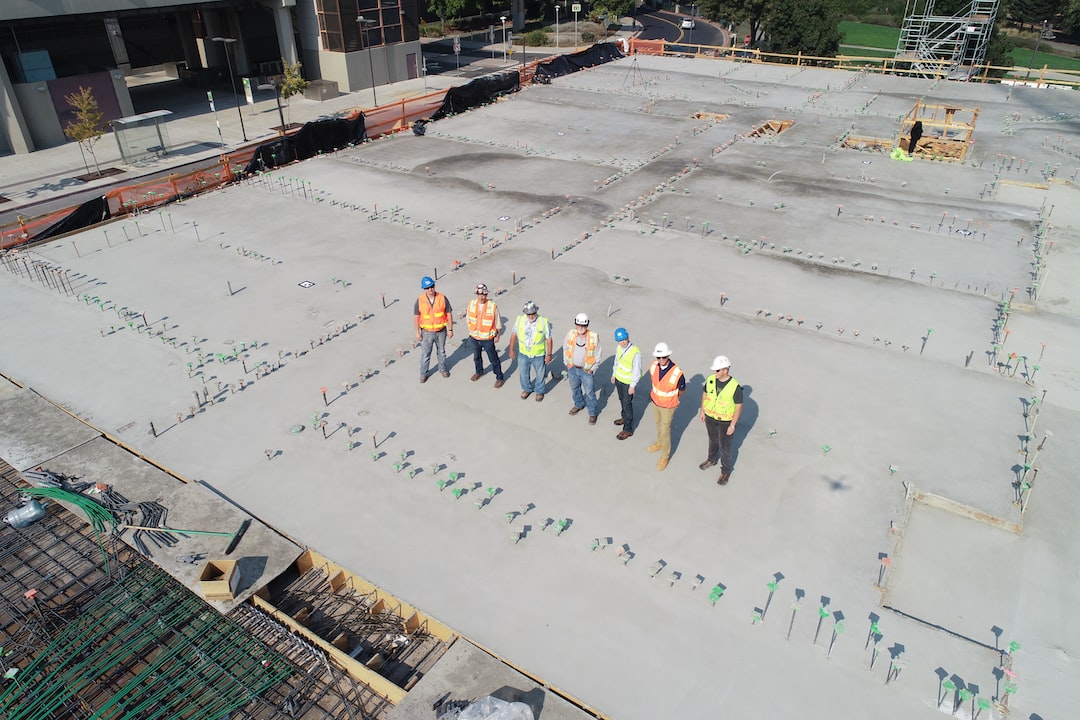Enhancing Building Efficiency with Intelligent HVAC Systems
In today’s fast-paced world, energy efficiency has become a top priority for businesses looking to reduce costs, minimize environmental impact, and improve overall building performance. One significant aspect of building efficiency is the heating, ventilation, and air conditioning (HVAC) system. With the advancement of technology, intelligent HVAC systems have emerged as a game-changer in enhancing building efficiency, including improving schalldämmung or sound insulation.
Intelligent HVAC systems utilize advanced algorithms, sensors, and data analytics to optimize the energy consumption of a building while maintaining a comfortable indoor environment. These systems are capable of adjusting temperature, airflow, and ventilation based on real-time data, occupancy levels, and weather conditions. By intelligently analyzing and responding to these factors, the HVAC system can efficiently heat or cool a building, reducing energy waste and costs.
One of the most significant benefits of intelligent HVAC systems is their ability to enhance schalldämmung, or sound insulation, within a building. Noise pollution can adversely affect the productivity, comfort, and well-being of occupants. Traditional HVAC systems often contribute to noise levels due to the operation of fans, compressors, and air ducts. However, intelligent HVAC systems are designed to minimize noise by employing sound-absorbing materials and optimizing air circulation to reduce turbulence.
Additionally, these systems can integrate various innovative technologies to further enhance schalldämmung. For instance, the use of variable-speed fans not only significantly reduces noise levels but also improves energy efficiency. These fans can adjust their speed based on the required airflow, resulting in quieter operation and lower energy consumption. Furthermore, intelligent HVAC systems can incorporate decentralized ventilation units that provide localized heating, cooling, and fresh air supply, minimizing noise propagation.
Another notable feature of intelligent HVAC systems is their ability to provide zoned temperature control. This feature allows individual rooms or areas within a building to be heated or cooled independently based on occupancy and desired comfort levels. By precisely controlling the temperature in different zones, unnecessary energy consumption is avoided, leading to improved energy efficiency. Moreover, zoned temperature control can contribute to schalldämmung by reducing the need for continuous airflow throughout the building, thereby minimizing noise propagation.
Intelligent HVAC systems also enable remote monitoring and control, allowing facility managers to track and manage energy consumption, indoor air quality, and maintenance needs more efficiently. By accessing real-time data and analytics through a central control system, potential issues can be detected and addressed promptly, ensuring optimal performance and comfort. This proactive approach not only enhances building efficiency but also contributes to improved schalldämmung by addressing any noise-related concerns promptly.
In conclusion, intelligent HVAC systems have revolutionized building efficiency by optimizing energy consumption and enhancing indoor comfort. These systems play a crucial role in improving schalldämmung by minimizing noise levels through advanced technologies, such as sound-absorbing materials, variable-speed fans, and zoned temperature control. With the ability to remotely monitor and control operations, intelligent HVAC systems ensure that buildings operate at their peak performance, contributing to reduced costs, environmental sustainability, and improved occupant well-being.
************
Want to get more details?
TAL Systemtechnik GmbH
https://www.tal-systemtechnik.de/
+49 7731 68405
Byk-Gulden-Straße 36, 78224 Singen
TAL Systemtechnik GmbH – Wir produzieren und liefern Ihnen konfektionierte Dämmstoffe nach Maß, Akustische Dämmung zur Schallisolierung, den TL flexibler Abgasschlauch hitzebeständig und diverse Schallschutzvorhänge für die Industrie.
